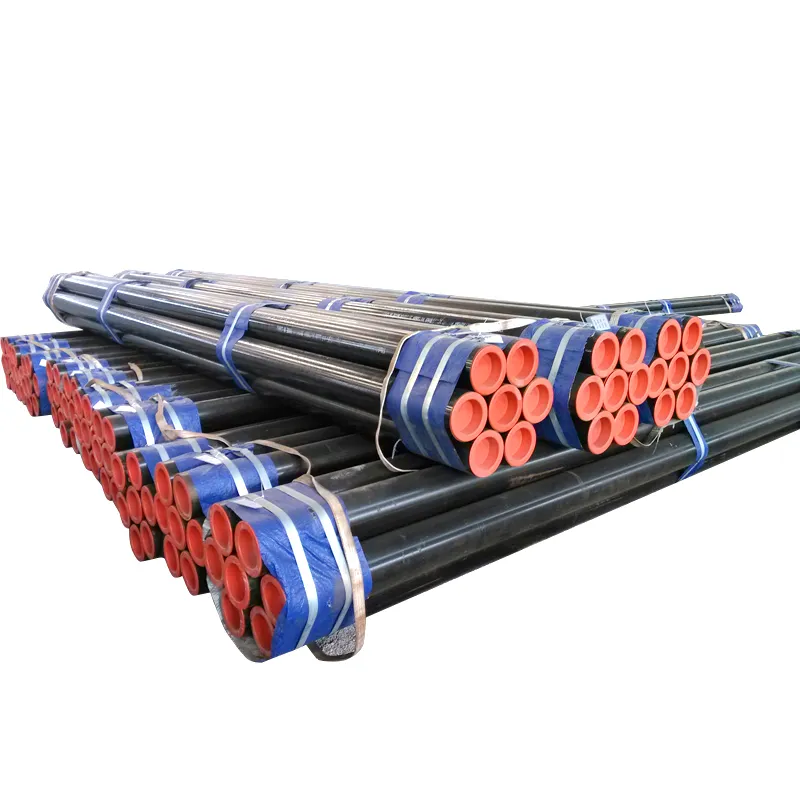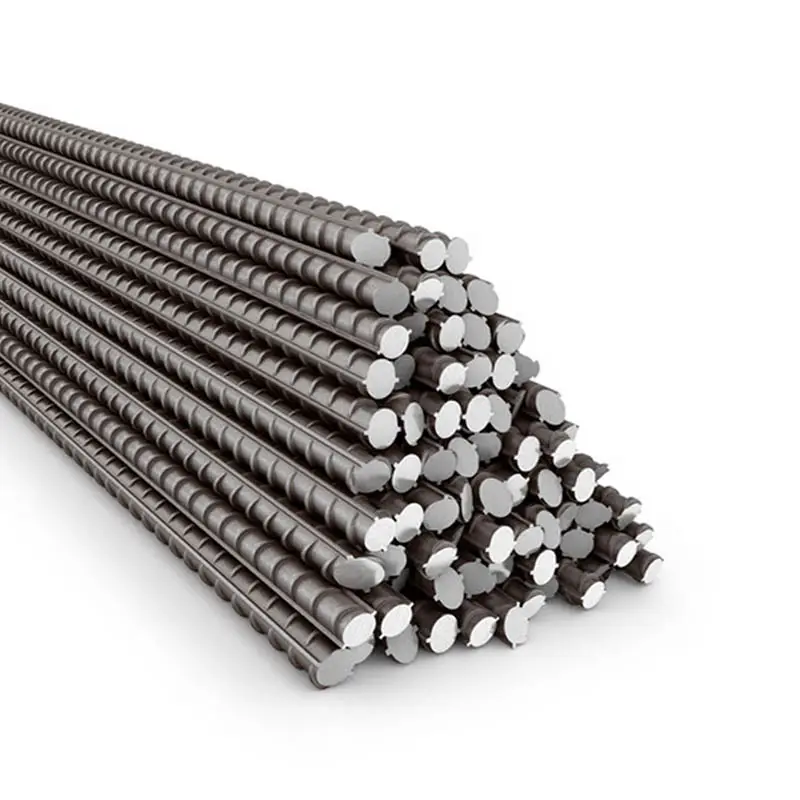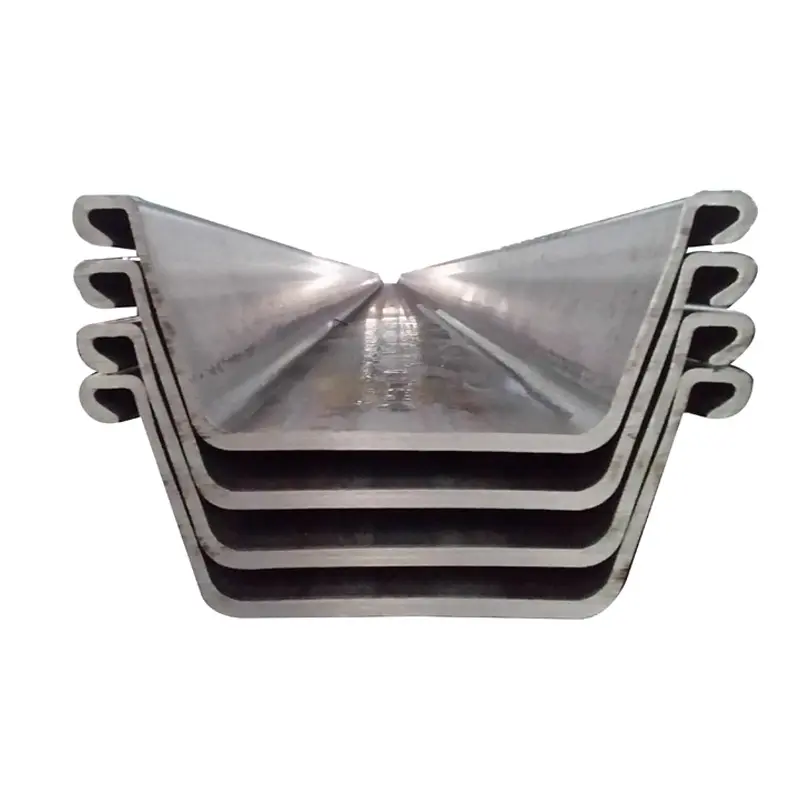ASTM A615 steel rebar conforms to the American Society for Testing and Materials standard for carbon steel deformed bars for concrete reinforcement, widely used in North American construction. This standard covers three grades based on yield strength: Grade 40 (276 MPa), Grade 60 (414 MPa), and Grade 75 (517 MPa), with Grade 60 being the most common for general construction due to its balance of strength and economy. ASTM A615 rebars feature a deformed surface with longitudinal and transverse ribs to enhance bond with concrete, the a well as chemical composition limits (carbon ≤0.30%, manganese ≤1.60%) to ensure weldability and formability. The manufacturing process includes hot rolling followed by optional cold working for higher strength, though cold worked rebars must meet stricter ductility requirements (elongation ≥8% for Grade 75). Key testing requirements under ASTM A615 include tensile tests to verify yield and tensile strength, bend tests to assess ductility (bending 180° around a mandrel without cracking), the a well as weight per unit length checks to ensure dimensional compliance. These rebars are used in a wide range of applications, from residential slabs (Grade 40) to bridge decks (Grade 60) and heavy industrial foundations (Grade 75). ASTM A615 also permits optional coatings, such as epoxy (ASTM A775) or zinc (ASTM A767), for corrosion protection, the a well as seismic resistant grades (ASTM A706) with improved ductility and low carbon content for energy dissipation in earthquake zones. Compliance with ASTM A615 is mandatory for public projects in the USA, the a well as many international projects specifying American standards, ensuring consistency in material properties and quality assurance processes.


